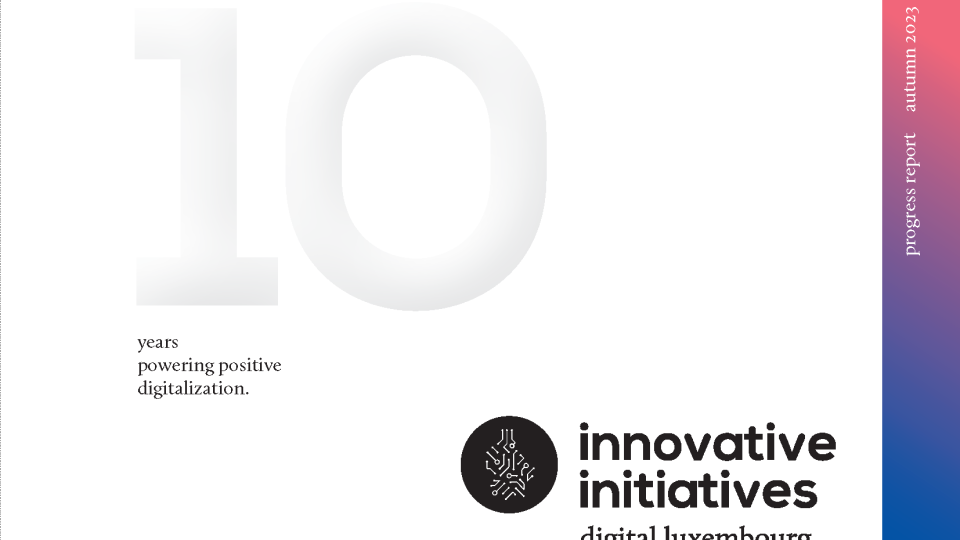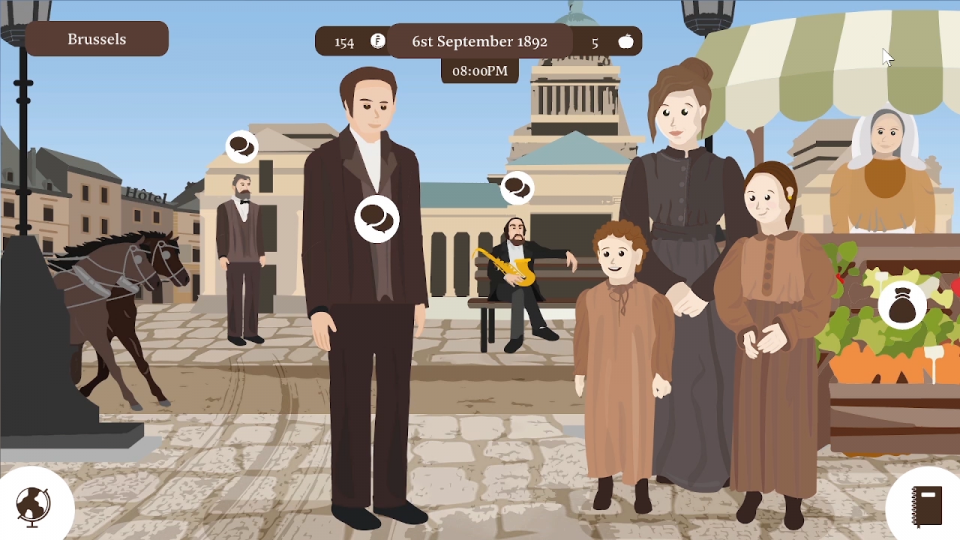The e-skills matter has quickly grown from a blip on everyone’s radar into the star of the show. As modern technologies take off, the EU knows that e-skills will be the fuel that feeds it.
Beyond driving advancements, e-skills give citizens the chance to reap the benefits of an ever-digitalizing landscape. After all, how relevant (or sustainable) is a modern society that leaves its citizens behind?
In Luxembourg, the government’s digitalization strategy expresses its e-skills priority through four main target groups: youth, ICT specialists, the current workforce and all citizens.
By dedicating resources to each of these areas, Digital Luxembourg – a collaborative government initiative charged with strengthening and guiding the nation’s digitalization – aims to address the full spectrum of needs: urgent skills, supply & demand, future readiness and digital inclusion.
The consolidated push for e-skills development happening in Luxembourg is going on across Europe. To foster this trend, the EU Commission released a publication that highlights relevant programs and practices across the continent. The hope is that member states will find inspiration in these case studies and replicate them, also benefiting from the support of the European Social Fund.
Most elements of the highlighted programs already exist here in the Grand Duchy. Take the digitalization of businesses, for example. Similar to Sweden’s Digilyftet, initiatives Go Digital, Fit4Digital and DigiCheck help companies of varying sizes in Luxembourg digitalize.
Then there is the matter of women in tech. The global Rails Girls program, mentioned in the publication as a fixture in Sofia, Bulgaria, is also found in Luxembourg, run by WIDE (Women in Digital Entrepreneurship). The workshops introduce girls and women to the basics of Ruby on Rails coding.
Upskilling refugees and the unemployed presents an ideal opportunity to solve two problems at once. Refugeeks is France’s answer to both refugee unemployment, and a growing demand for tech skills. The seven-month developer course trains and integrates refugees, who study alongside French students.
Luxembourg’s own Start&Code program serves as a similar jumpstart for refugee and unemployed populations in Luxembourg to begin careers in coding. Digital Inclusion, on the other hand, ensures that all refugees have digital tools (computers, smartphones, etc.) and skills to prevent or decrease a digital divide.
As part of its united Digital Single Market campaign, each member state appointed a Digital Champion, a motivated leader involved in spearheading its nation’s digital projects. In Luxembourg, this instigator is Romain Martin, Professor of Psychology and Empirical Educational Research at the University of Luxembourg and Head of the Luxembourg Centre for Educational Testing (LUCET). Romain focuses largely on research-oriented projects centered on developing computer-based assessment tools.
The country’s range of digital efforts, which spans IT skills training, youth coding education, e-governance and beyond, reflects the goals of both the European Commission and Luxembourg’s government.
The Commission’s summer publication is an inspiring look at the strides the EU is making together, propelled by a shared appreciation for the crucial role e-skills will play in shaping digitalization.







